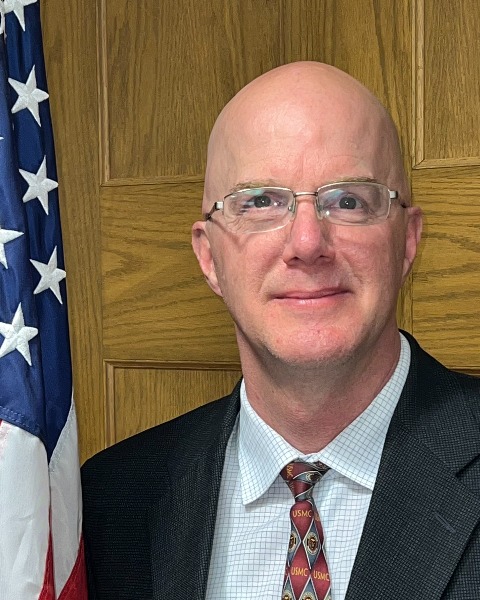Back
Workshop
Law Enforcement & Prosecutors: Working with Child Victims With or Without a Diagnosis of Mental Disabilities
Monday, August 8, 2022
5:15 PM – 6:30 PM CDT
Room: Lone Star A3-A4
CE: 1.25
75 minutes
Intermediate
Law Enforcement, Prosecutor, Victim Advocate, Medical, Forensic Interviewer, CPS
Intermediate
Law Enforcement, Prosecutor, Victim Advocate, Medical, Forensic Interviewer, CPS

Bill Fulbright
Ravalli County (MT) Attorney's Office
Primary Presenter(s)
This presentation discusses practical approaches for us, as non-mental health professionals, to successfully work with child victims, who usually are struggling with the impact of traumatic victimization, often layered on top of developmental or intellectual disabilities (sometimes diagnosed, often undiagnosed). Ideally, we then turn their vulnerabilities, struggles, and disabilities into strengths for the child victim and for the prosecution of offenders.
Learning Objectives:
- Recognize how child victims might manifest the impact of trauma in their behaviors.
- Identify ways that we as non-mental health professionals can build a trusted relationship with child victims.
- Explore methods that may assist child victims with being comfortable in a courtroom.
- Implement creative ways to help jurors relate to child victims.
